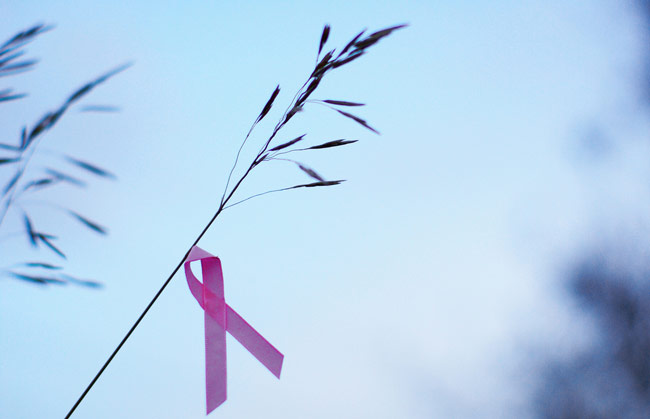It is often said that prevention is the best medicine.
While there is no full proof prevention method against breast cancer there are a number of things you can do to improve your odds of not getting breast cancer or detecting it early.
For example women are educated from a relatively young age about the importance of self-examinations and getting annual mammograms. For those with a family history, mammograms should start at 30. They should start at 40 for the rest of us (according to The American Cancer Society). We, for the most part, dutifully follow this advice. We may grumble about it and dread it, but we do it. We’ve learned how important it can be from the survivors in our life.
Yet we don’t take two other key prevention strategies as seriously.
62% of women in the United States are overweight. (Women’s Health USA 2010)
Extra fat means extra estrogen in the body. While this can be dangerous at any age, estrogen produced from fat tissue becomes even more dangerous after menopause (which in itself also increases the risk of breast cancer). Extra body weight also increases insulin levels in the body and a woman’s risk of type 2 diabetes. A recent meta analysis found a 16% increased risk of breast cancer in women with type 2 diabetes. Maintaining a healthy body composition will minimize our risk of not only breast cancer but also heart disease.
47% of women get the recommend amount of daily physical activity. (CDC 2007)
This rate is lower than that of men (who at 50.7% have some room for improvement too). Studies show that just walking 1.25-2.5 hours per week can decrease a woman’s rate of breast cancer by 18%. Physical activity also improves body composition, reducing the risk further by helping to maintain a healthy weight.
If someone you love is a survivor or currently battling breast cancer, honor her by honoring your own health. Every day:
- Get at least 30 minutes of purposeful exercise. Make sure to include a balance of cardiorespiratory, strength and flexibility activities.
- Move through out the rest of the day. Being sedentary outside of the gym is said by some to be as dangerous as smoking. When you have the opportunity, walk instead of ride. Take frequent movement breaks if you have a desk job by standing during phone calls or setting an hourly alarm to stretch.
- Keep overly processed starchy carbs and sugar to a minimum. We need carbs for energy; we just need to be smart about our carb choices. Vegetables, fruits and beans will provide the nutrients we need without spiking blood sugar and insulin production. Save bread and pasta for meals just after exercise or physical activity.
Don’t just do it for you. Work on your prevention strategy for those you love and those who depend on you.



